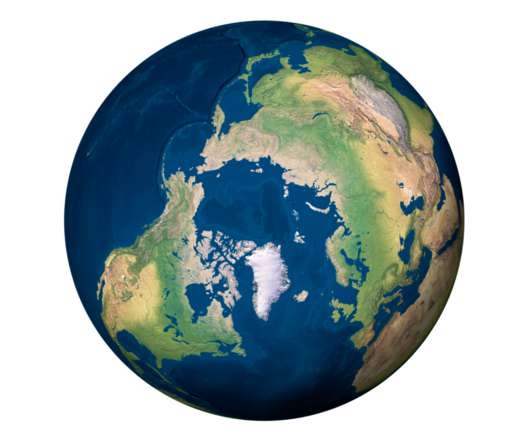Trump’s exit might not be the Paris Agreement’s biggest problem
Grist
NOVEMBER 7, 2019
Rising seas: A new study published in the Proceedings of the National Academy of Sciences illustrates that global greenhouse gas emissions from 2016 to 2030 would cause a 20-centimeter rise in sea levels — and that’s even if countries keep their Paris Agreement pledges. So, with the U.S.












Let's personalize your content